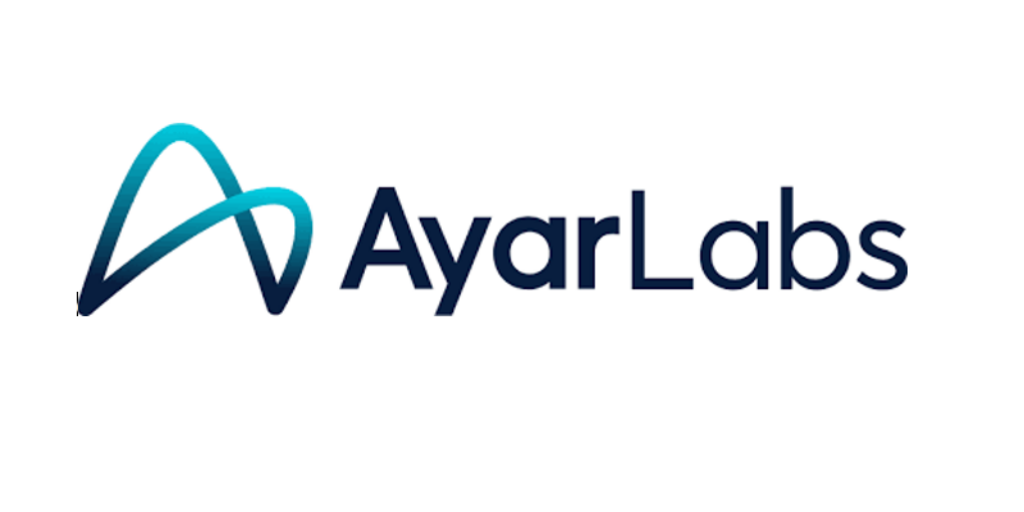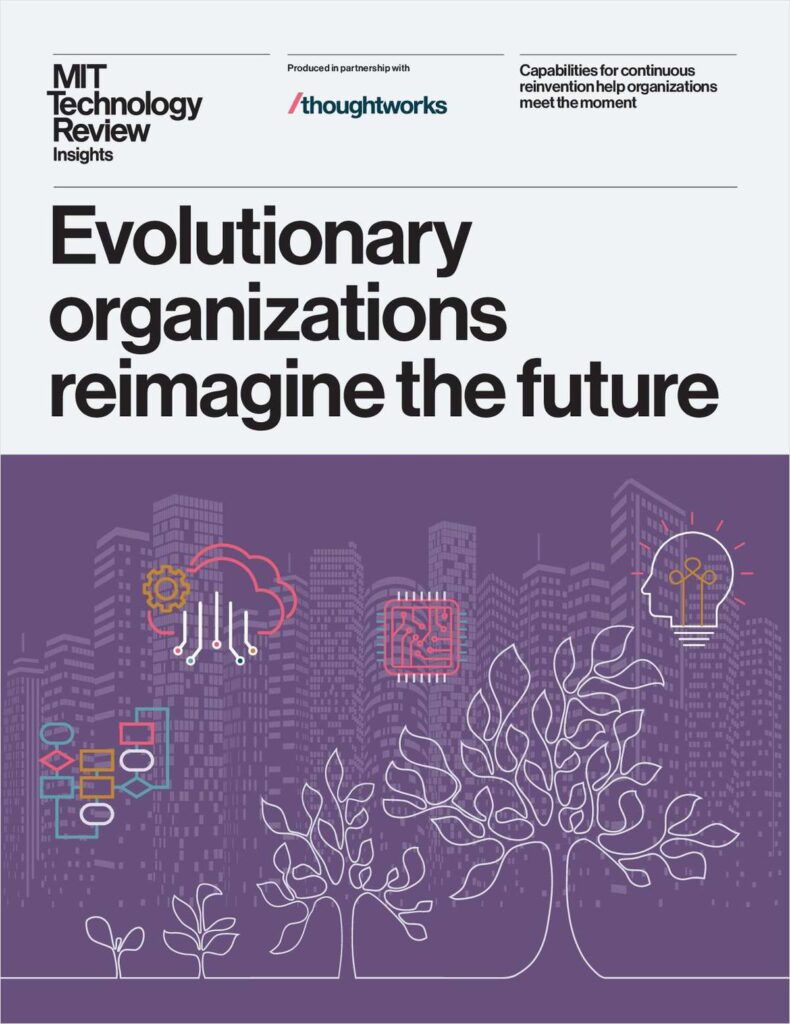In this guest feature, Natalie Bates, Co-chair of the Energy Efficient HPC Working Group, gives us a preview of sustainability topics at SC11.
 Energy efficiency will again be a hot topic at SC11, with 27 Technical Program sessions explicitly focused on energy efficiency. A complete list of these sessions organized both chronologically and by topic can be found on the Energy Efficient HPC Working Group website. SC11, the annual International Conference for High Performance Computing, Networking, Storage and Analysis, will be held Nov. 12-18 in Seattle. For more information, see the SC11 website.
Energy efficiency will again be a hot topic at SC11, with 27 Technical Program sessions explicitly focused on energy efficiency. A complete list of these sessions organized both chronologically and by topic can be found on the Energy Efficient HPC Working Group website. SC11, the annual International Conference for High Performance Computing, Networking, Storage and Analysis, will be held Nov. 12-18 in Seattle. For more information, see the SC11 website.
Here is a look at some of the key topics and related sessions;
- Liquid cooling. There are six sessions on liquid cooling, four of which are case studies. The other two sessions describe an initiative involving the U.S. Department of Energy (DOE) supercomputing centers working collaboratively with industry representatives to develop guidelines for warmer liquid-cooling temperatures to guide future supercomputer procurements, and to facilitate the design of warmer temperature cooling systems. Their vision is to build liquid cooled solutions that do not require compressors and are more energy-efficient, more carbon-friendly and more cost-effective than the air-cooled predecessors. A paper describing this initiative will be presented at a State-of-the-Practice session on Wed., Nov 16.
- Energy efficient architectures and trends. The Green500 Birds-of-a-Feather on Thurs., Nov. 17 is one of five sessions looking at this area and will likely build on the June List that showed two trends; aggregating low-power processors and using accelerators. Taking low-power processors for HPC further, there is another Birds-of-a-Feather session on Tue., Nov 15 that will announce a new website on using embedded computing technologies with processors developed for smart phones and tablets. There are also two technical papers. A team from Facebook will present their custom server design which significantly improves power efficiency as well as environmental footprint. Another team from Lawrence Berkeley National Lab compares three architectural alternatives: Intel CPU, NVIDIA GPU and an FPGA-simulation. The FPGA-simulation showed both best performance and power efficiency.
On a related note, there is a Birds-of-a-Feather on Tue., Nov 15 that gathers an existing community driving toward a commonly adopted set of methodologies, workloads and metrics for measuring the energy efficiency of supercomputer architectures. This is a collaborative effort between the Green500, the TOP500, The Green Grid and the Energy Efficient HPC Working Group. An immediate focus of this community is to improve the methodology for measuring the energy and/or power consumed while running workloads such as High Performance Linpack.
Energy efficiency of datacenters and systems. An all-day Workshop on Sun., Nov. 13, as well as a Panel on Wed., Nov. 16, emphasize networking, which is a topic that was only lightly covered in SC10 Technical Program sessions. For the networking expert, there is also an Exhibitor Forum that will present an overview of thermal solutions for pluggable I/O.
Another Workshop on Mon., Nov. 14, explores best practices as well as game-changing scenarios for energy efficiency of both data centers and systems. Among other topics, this Workshop will describe newly established sustainability metrics for Energy Reuse Effectiveness (ERE), Water Usage Efficiency (WUE), and Carbon Usage Effectiveness (CUE). A Birds-of-a-Feather on Wed., Nov. 16 evening provides a survey of state-of-the-art tools and techniques for optimizing system power at many levels; from component hardware to applications.
Eight sessions in Doctoral Research Showcase, Papers and Posters explore energy efficient supercomputing from various perspectives; proposals for job schedulers that consider electricity related factors, managing the trade-off between energy savings and increased application execution time, a novel energy saving synchronization technique, an automated multi-threaded power virus, and a power analysis framework for clusters.
Finally, there are three Technical Program sessions that focus on the use of high performance computing to help deliver renewable energy and make energy distribution systems more effective. A Masterworks session on Thur., Nov 17 will highlight the scientific and computational challenges of producing practical fusion energy (addressed through the DOE Fusion Simulation Program). There is a Workshop on Sun., Nov. 13, promoting the use of high performance computing and networking for higher fidelity power grid simulation and higher frequency measurement of their state. Similarly, a paper will describe a scalable approach to optimize energy systems for efficient integration of wind power into the power grid.
Although this is a list of sessions with a specific focus on energy efficiency, many more sessions will include energy efficiency as part of a broader focus.




[…] Green Computing: An Implicit Thrust for SC11 (insidehpc.com) […]